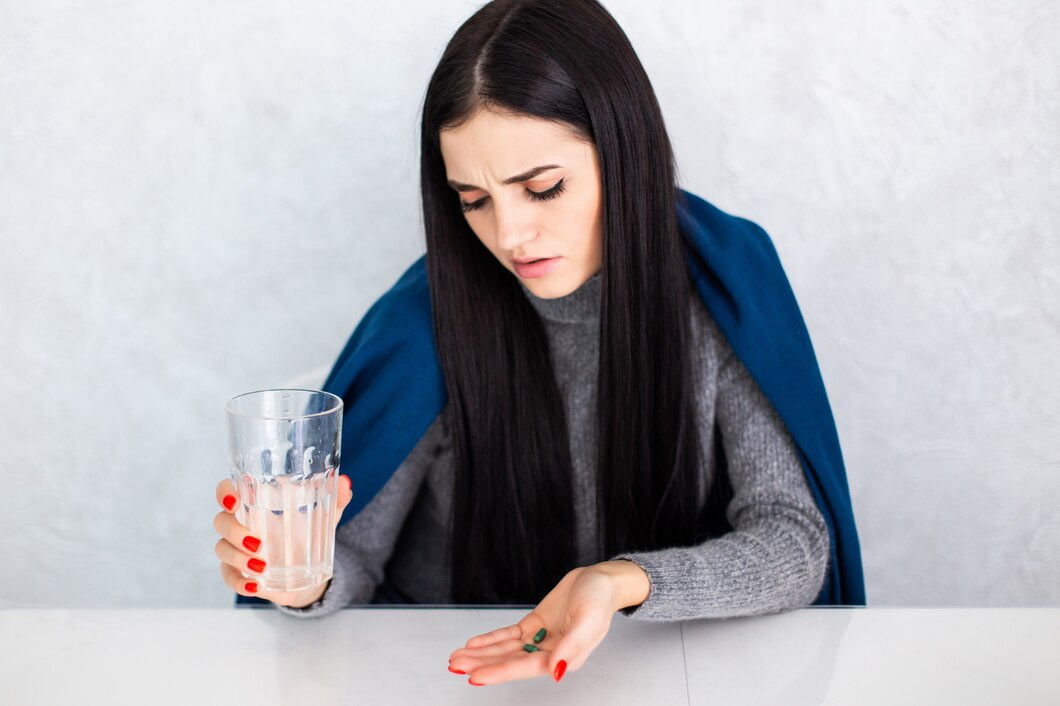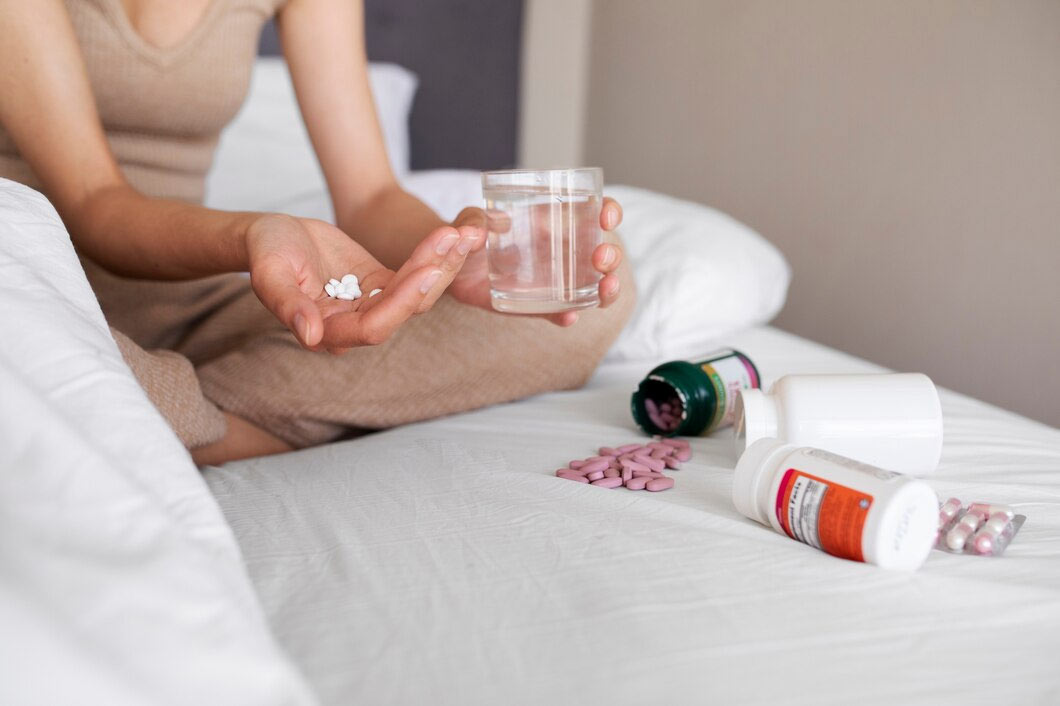
Do you have dysmenorrhea or painful period cramps, and are you someone who takes painkillers for the same? If the answer is a ‘yes’, then the recent drug safety alert about Meftal or mefenamic acid issued by the Indian Pharmacopoeia Commission (IPC) may have thrown you off. The advisory, which originates from a preliminary analysis of adverse drug reactions conducted by the Pharmacovigilance Programme of India (PvPI), notes instances of adverse Drug Reactions with Eosinophilia and Systemic Symptoms (DRESS) syndrome linked to the painkiller.
Table of Content:-
Mefenamic acid is a Nonsteroidal Anti-Inflammatory Drug (NSAID) that is commonly used to treat mild to moderate pain, including menstrual cramps. However, the recent alert puts a question mark on the use and safety of the drug. While those of you who have mild menstrual pain can opt to avoid taking the painkiller, what about people who experience moderate to severe menstrual cramps? Should they stop taking the Meftal painkillers too? Here’s what gynaecologists have to say about the same.
Also Read: Why Is It Harmful To Take Medicines For Period Pain?
Understanding The Side Effects Of Meftal-Spas

Meftal is a medication that typically contains a combination of mefenamic acid and dicyclomine. It is commonly used to alleviate pain and discomfort associated with menstrual cramps, rheumatoid arthritis, and osteoarthritis.
However, in its alert, the IPC advises healthcare professionals and patients to be vigilant against adverse reactions like DRESS syndrome, which is a severe and potentially life-threatening reaction.
Symptoms usually include fever, skin rash, and internal organ involvement such as liver, kidney, or lung inflammation. In the event of such symptoms, immediate medical attention is crucial, and one needs to promptly report them to the national coordination centre of the Pharmacovigilance Programme of India (PvPI) through various channels provided by the IPC.
Should Painkillers Be Taken To Manage Period Pain?

According to research, mefenamic acid has been found to treat mood swings, fatigue, headaches, and the general aches and pains that accompany Premenstrual Syndrome (PMS).
Sharing her views on the use of menstrual painkillers like Meftal, Dr Meghana Reddy Jetty, Consultant-Obstetrics, Gynaecology, and Laparoscopic Surgery, BirthRight by Rainbow Children’s Hospital, Bengaluru, said that they are generally safe, although any medication can have side effects, albeit rarely.
She said, “Pills with a mefenamic acid composition are usually prescribed or consumed for period pain. Although it is relatively safe, it can cause DRESS syndrome in 1 in 10000 exposures,” highlighting the importance of consulting with a doctor before taking pills for period pain.
Chronic Reliance On Painkillers Masks Underlying Issues
According to Dr Prathima Reddy, Director and Lead Consultant, Department of Obstetrics and Gynaecology, SPARSH Hospital, Bengaluru, it is a concerning fact that the dependence on painkillers among women to manage period pain and headaches is increasing.
“While these medications offer temporary relief, they may not necessarily address the underlying causes of discomfort and can even pose health risks with long-term use,” she added, further emphasising the underlying issues that may arise from chronic reliance on painkillers. These include hormonal imbalances, stress, or lifestyle factors.
Dr Sandhya Rani, Sr. Consultant-Obstetrics & Gynaecology, Aster Women and Children Hospital, Whitefield, Bengaluru, recommended a thorough evaluation by a doctor before popping in painkillers. According to her, overuse of painkillers can lead to serious side effects and complications like allergies, gastritis, DRESS syndrome, liver and kidney damage, and more.
Also Read: Menstrual Health: Natural Remedies To Deal With The Period Cramps
Address The Root Causes And Choose Mindful Alternatives

Rather than resorting to OTC (over-the-counter) medication or painkillers, the doctors recommended addressing the root causes of pain through self-care practices, stress management techniques, and mindful approaches which are essential for sustainable well-being.
Instead of seeking quick fixes, women should prioritise self-care. This includes adopting a healthy diet, engaging in regular exercise, practising mindfulness and relaxation techniques, and prioritising adequate sleep, said Dr Reddy.
Dr Jetty shared a few home remedies for period pain, including certain foods such as ginger, cinnamon, lemon, and dark chocolate.
Citing a 2018 study conducted among university students, she said, “It revealed that adopting vegetarian diets and increasing the intake of fruits and vegetables was associated with fewer cramps and decreased menstrual pain.”
“Additionally, using a hot water bag, engaging in regular exercise, and maintaining proper hydration can help alleviate period cramps. It is advisable to avoid certain substances, including caffeine, carbonated beverages, alcohol, excessively salty and spicy foods, as well as overly oily foods,” she concluded.
Also watch this video
How we keep this article up to date:
We work with experts and keep a close eye on the latest in health and wellness. Whenever there is a new research or helpful information, we update our articles with accurate and useful advice.
Current Version